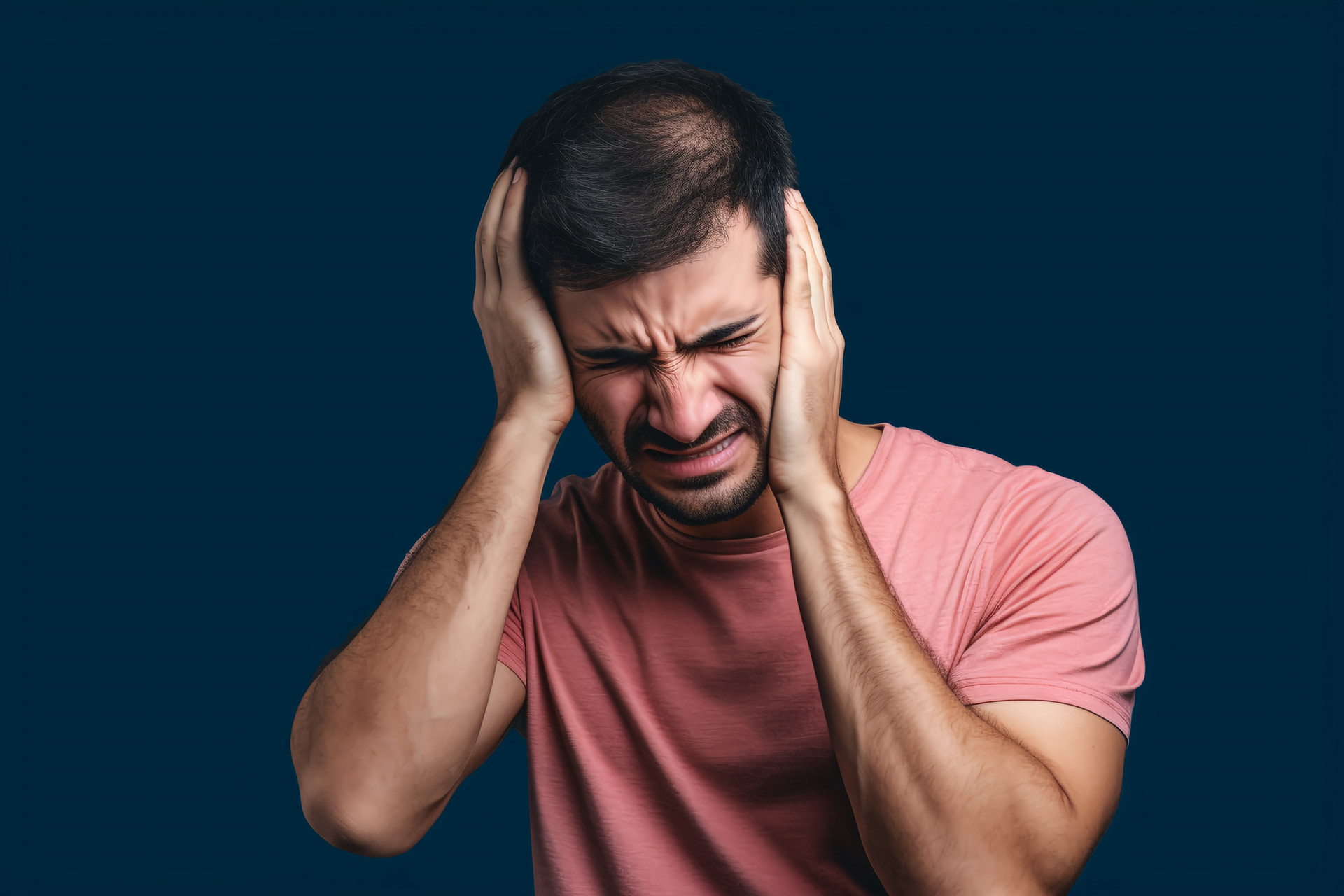Acne during adolescence is a common phenomenon, often referred to as teenage acne. The development of teenage acne is related to factors such as hormonal imbalances, dietary habits, and sleep patterns. But how long does acne during adolescence last?
Causes of acne during adolescence
The cause of teenage acne is often excessive sebum secretion, which leads to the growth of acne bacteria and clogged hair follicles. Proper cleanliness, regulation of oil production, and, if necessary, the use of antibiotic medications can usually help control it.
How long does acne during adolescence last?
Generally, adolescence occurs between the ages of 12 and 20, and acne is a common skin condition during this period. The duration of acne varies from person to person. About 50% of individuals see their acne disappear after adolescence, while the other 50% continue to struggle with acne even after their teenage years.
Does acne continue after adolescence?
For some individuals, yes. Studies have shown that the likelihood of acne occurring decreases significantly after the age of 25. However, about 20% of women may still experience some difficult-to-treat acne, known as adult acne. Adult acne is a continuation of acne from adolescence, and it is more common in women than in men. Women between the ages of 25 and 35 with combination skin are the most prone to developing adult acne.
Causes of acne after adolescence
Adult acne is related to the influence of the central nervous system and hormones on sebaceous glands. Additionally, excessive mental stress, environmental pressure, and changes in diet and lifestyle after adulthood can exacerbate the development of adult acne.
1. Digestive problems such as constipation, habitual diarrhea, excessive gastric acid, and ulcers can cause toxins to accumulate in the body, leading to acne.
2. Oral contraceptives, weight loss drugs, drugs to induce menstruation, or medications containing bromide or iodide can disrupt hormone balance or lead to the accumulation of toxins, resulting in "toxic acne."
3. Significant stressors in life, such as home renovations, moving, studying abroad, changing jobs, or exams, can disrupt physiological functions, affect sleep due to heightened emotions, and trigger worsening of acne.
4. After reaching adulthood, women often use various cosmetics. Residual chemicals in cosmetics can irritate the skin and cause pore toxins, which can also trigger acne.
Tips
Acne during adolescence is a normal physiological phenomenon that often occurs on the chest, back, and face. Parents and children do not need to panic excessively. Maintaining a good daily routine, paying attention to diet, eating plenty of fruits and vegetables, balancing hormones, and practicing facial hygiene can help gradually fade and eliminate teenage acne.












